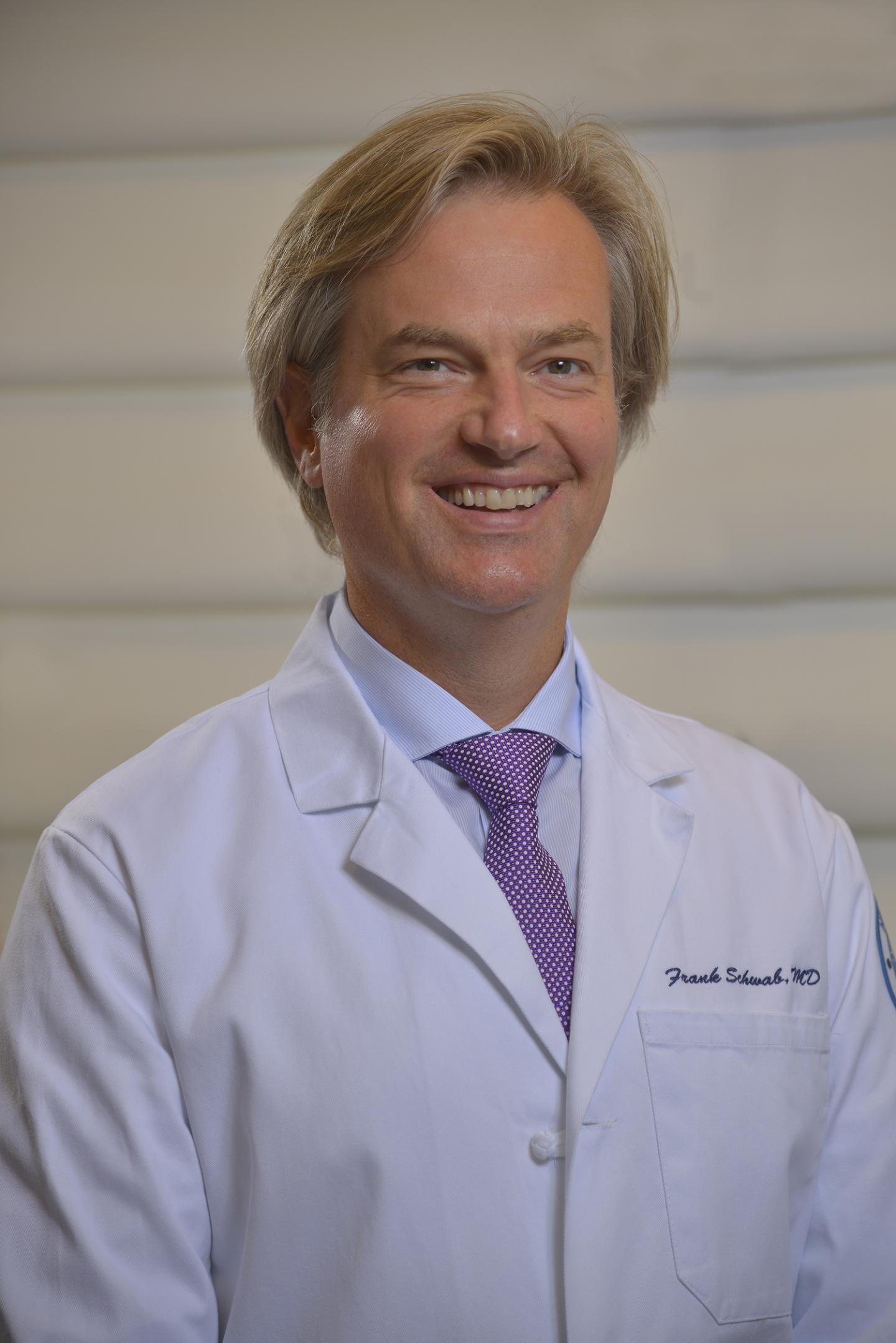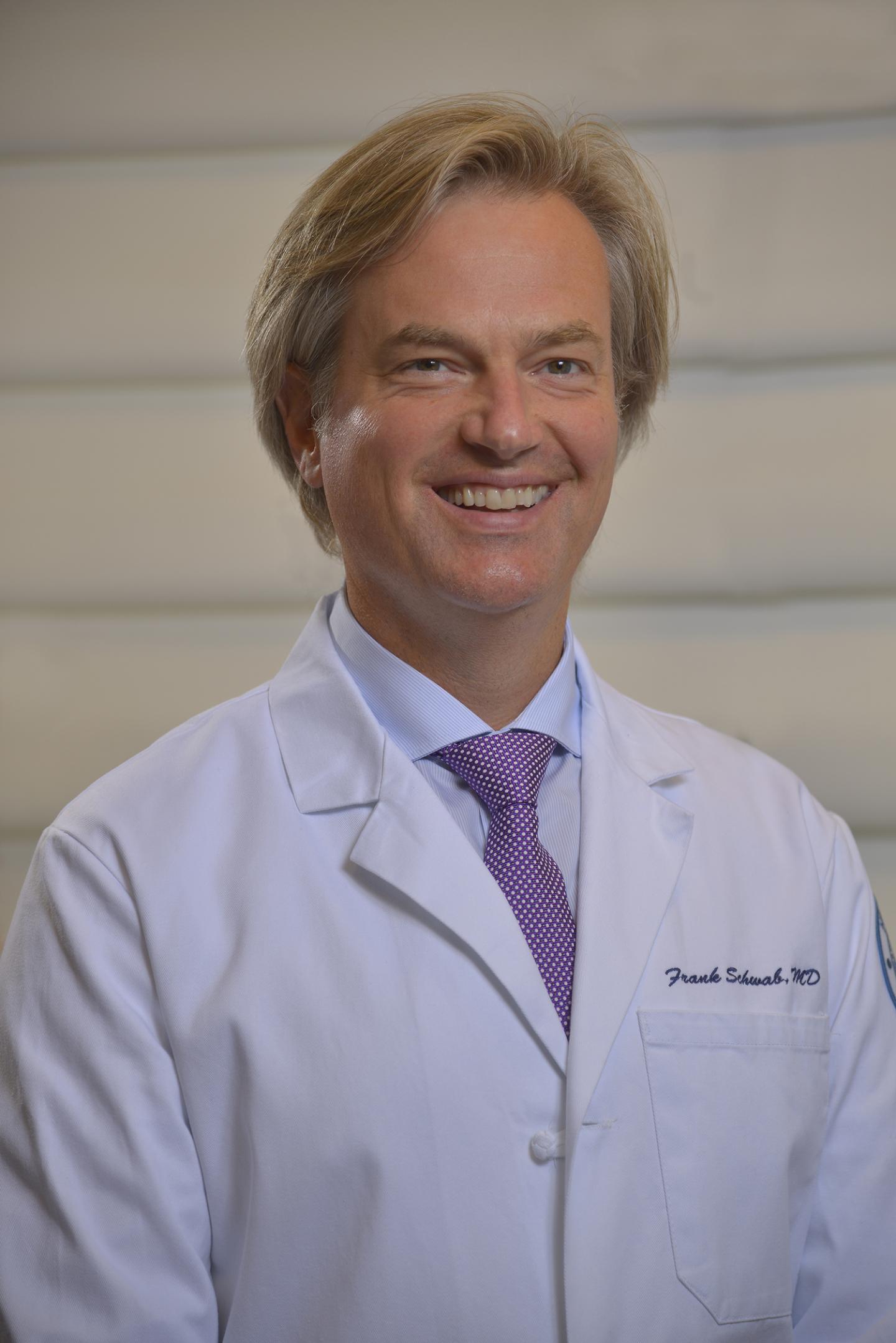
Credit: Hospital for Special Surgery
The surgical correction of adult spinal deformities often involves realigning the lower portion of the spine, or the 'lumbar' spine. Yet despite significant advances in spinal surgery, modifying the curvature of the lower spine through surgical fusion increases the risk of abnormal spinal curvature above the level of the operation, a condition called proximal junctional kyphosis – or PJK.
A new study reports for the first time that PJK risk following lumbar spinal fusion depends on the level of the spine fused. Specifically, the authors – who include members of the International Spine Study Group (ISSG) from multiple academic centers – found that fusing the lower portion of lumbar spine results in a decreased risk of PJK. The results were presented at the American Academy of Orthopaedic Surgeons Annual Meeting on March 14 in San Diego, California.
In the study, 350 adult patients who had undergone fusion of their lumbar spine spinal abnormalities were divided into those who had developed PJK following their procedures and those who did not. The specific vertebrae fused in their surgeries were then compared, revealing to the authors that more dramatic spinal fusions – those higher up along the spine – may increase the risk of developing PJK.
"This study is unique in the sense that it looks at a very common problem, currently intensively studied around the world, and examines this challenge through an innovative method," says investigator Frank Schwab, MD, chief of the Spine Service at Hospital for Special Surgery.
Dr. Schwab also points out that while numerous theories on PJK risk have been put forth over the years, few orthopedic centers have had enough data or resources to adequately study it.
"Our findings give us a substantial boost in shifting the discussion from expert opinion to a more evidence-based conclusion," he says, "Additionally, they also offer a pragmatic solution that can be applied right away in order to reduce PJK rates."
###
About Hospital for Special Surgery
Hospital for Special Surgery (HSS) is the world's largest academic medical center focused on musculoskeletal health. HSS is nationally ranked No. 1 in orthopedics and No. 2 in rheumatology by U.S. News & World Report (2016-2017), and is the first hospital in New York State to receive Magnet Recognition for Excellence in Nursing Service from the American Nurses Credentialing Center four consecutive times. HSS has one of the lowest infection rates in the country. HSS is an affiliate of Weill Cornell Medical College and as such all Hospital for Special Surgery medical staff are faculty of Weill Cornell. The hospital's research division is internationally recognized as a leader in the investigation of musculoskeletal and autoimmune diseases. Hospital for Special Surgery is located in New York City and online at http://www.hss.edu.
Media Contact
Monique Irons
[email protected]
212-606-1197
@hspecialsurgery
http://www.hss.edu





